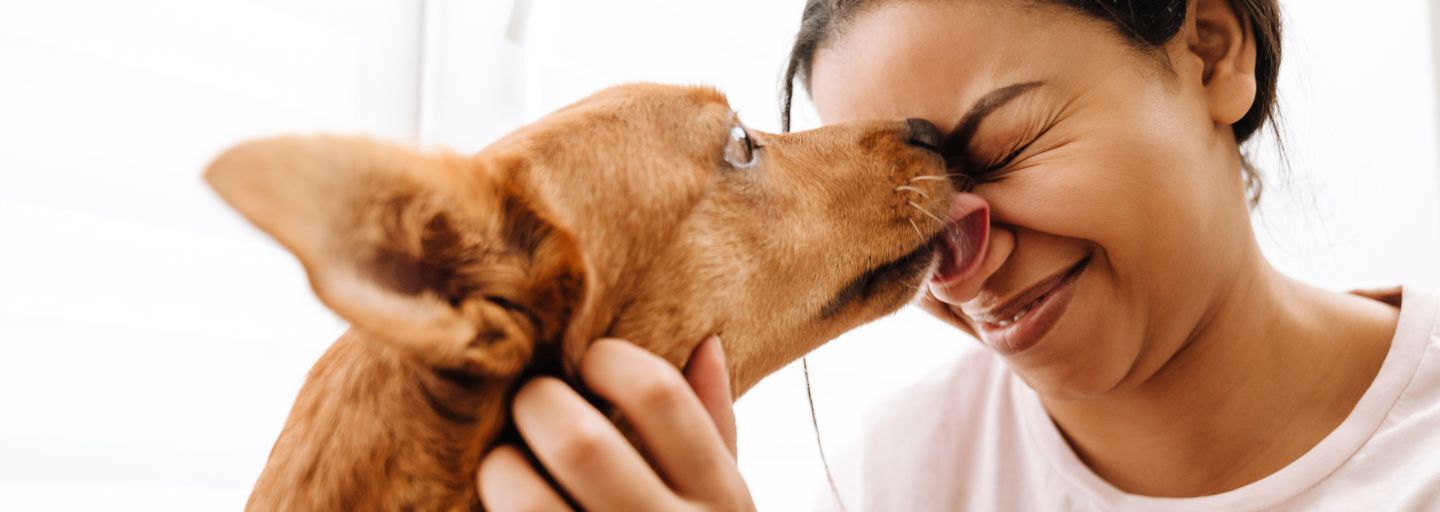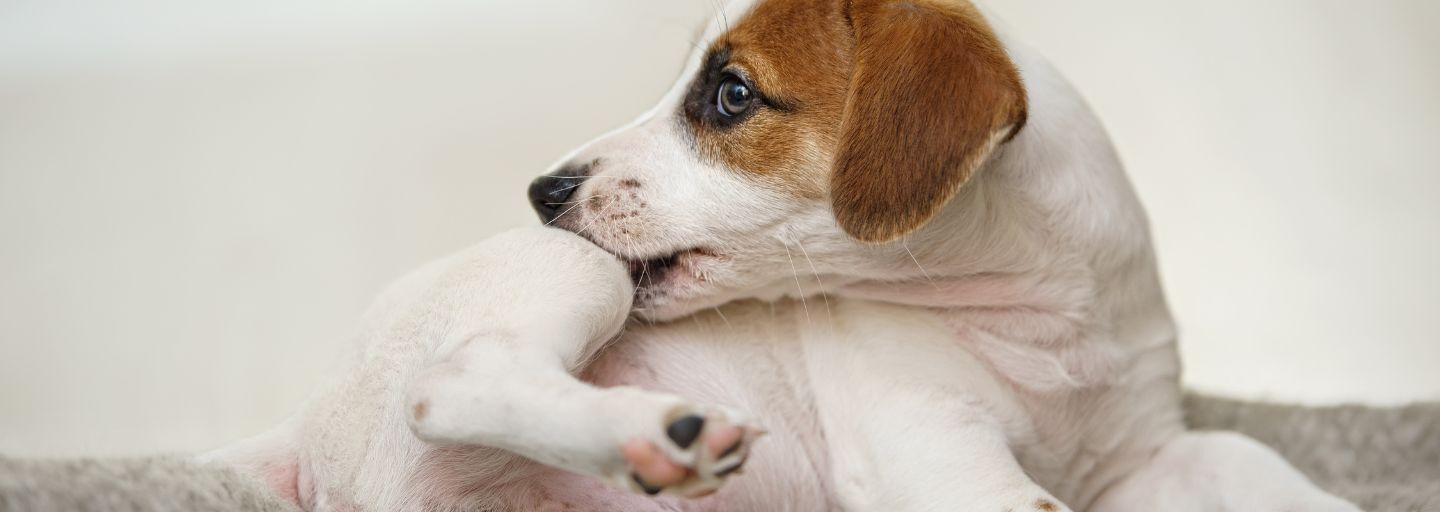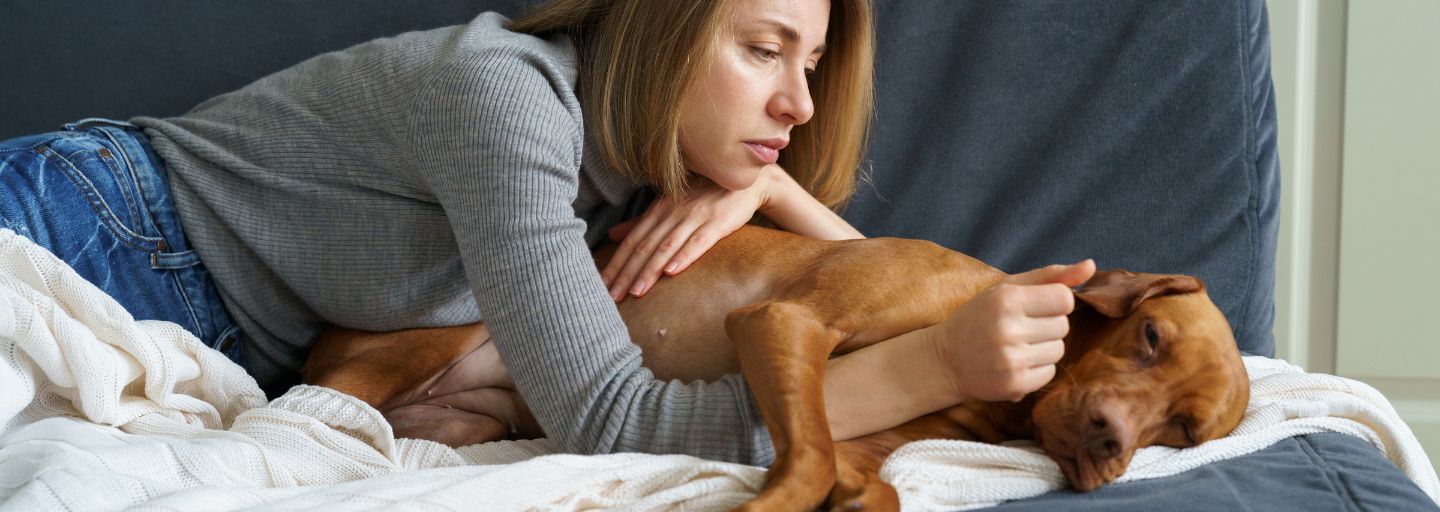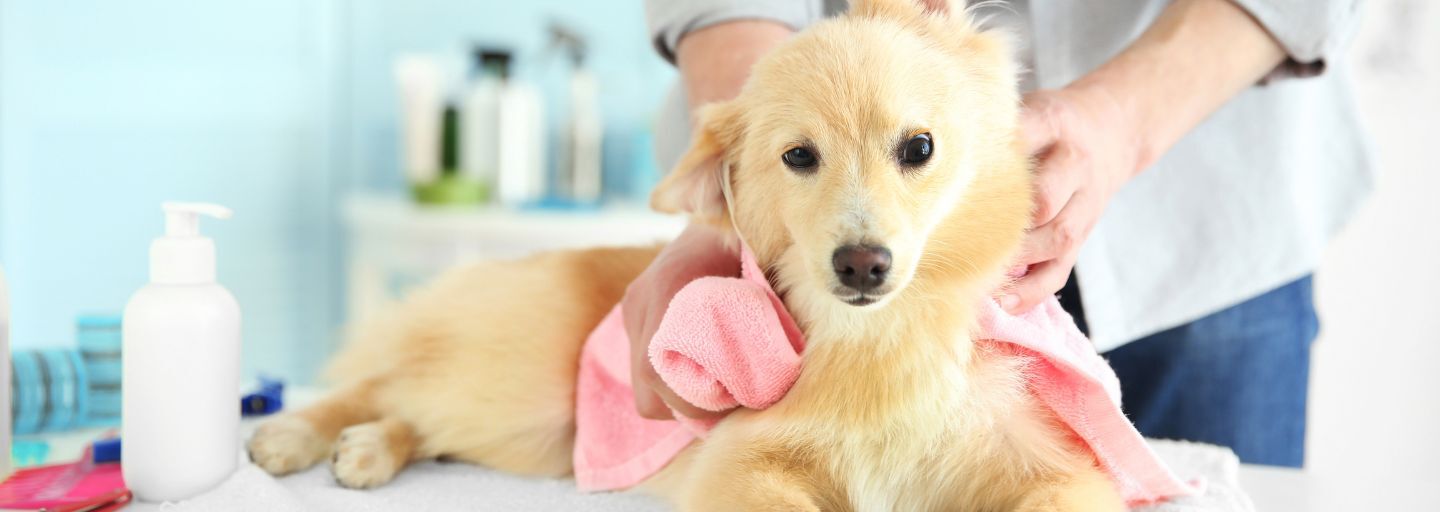As dog owners, we love our furry companions and want them to be healthy and happy. However, one issue that can sometimes arise is bad breath in dogs. Just like humans, dogs can experience unpleasant breath, which can be a sign of underlying dental or health problems. If you've noticed that your dog's breath is less than pleasant, it's essential to address the issue promptly.
Causes of Bad Breath in Dogs
Several factors can contribute to bad breath in dogs, including:
- Dental Issues: Dental problems are a common cause of bad breath in dogs. Tartar buildup, gum disease, tooth decay, and oral infections can all lead to foul-smelling breath. If left untreated, dental issues can cause pain and discomfort for your dog, affecting their overall well-being.
- Poor Oral Hygiene: Just like humans, dogs require regular dental care to maintain good oral health. If proper oral hygiene is neglected, bacteria can accumulate in the mouth, leading to bad breath. Lack of brushing, inadequate dental care, and a buildup of food particles can contribute to this issue.
- Diet: Certain foods can contribute to bad breath in dogs. Strong-smelling foods, such as fish-based diets or certain treats, can leave an odour in your dog's mouth. Additionally, poor-quality diets lacking in essential nutrients can affect your dog's overall oral health and contribute to bad breath.
- Underlying Health Issues: In some cases, bad breath can be a symptom of an underlying health problem. Conditions such as kidney disease, diabetes, respiratory infections, and gastrointestinal issues can cause foul-smelling breath in dogs. If your dog's breath has a strong, unusual odour, it's important to consult with a veterinarian for a proper diagnosis.
Tips for Freshening Your Dog's Breath
- Regular Dental Care: Establishing a regular dental care routine is crucial for maintaining your dog's oral health. Brushing your dog's teeth with a dog-specific toothbrush and toothpaste can help remove plaque and prevent tartar buildup. Aim to brush your dog's teeth daily or at least a few times a week, gradually increasing the frequency as they become more comfortable with the process.
- Professional Dental Cleaning: If your dog's bad breath persists despite regular dental care, it may be necessary to schedule a professional dental cleaning with a veterinarian. This procedure involves a thorough examination, cleaning, and potential extractions if needed. Professional cleanings can help address underlying dental issues and improve your dog's breath.
- Provide Dental-Friendly Treats and Toys: There are dental treats and toys available that can help promote oral health in dogs. These products are designed to help remove plaque and tartar while providing entertainment for your canine friend. Consult with your veterinarian to find suitable dental treats and toys for your dog.
- Monitor Your Dog's Diet: Ensure that your dog is receiving a balanced and nutritious diet. High-quality dog food can contribute to good oral health and fresher breath. Avoid feeding your dog strong-smelling foods or table scraps that can leave an odour in their mouth. If you suspect that your dog's diet may be contributing to their bad breath, consult with your veterinarian for dietary recommendations.
- Regular Veterinary Check-ups: Routine veterinary check-ups are essential for monitoring your dog's overall health, including their oral health. Regular examinations allow the veterinarian to identify any dental issues or underlying health problems that may be causing bad breath. They can provide appropriate treatment and guidance to improve your dog's breath.
If your dog's breath is consistently foul-smelling or if it is accompanied by other concerning symptoms such as loss of appetite, weight loss, excessive thirst, lethargy, or changes in behaviours, it's crucial to consult with a veterinarian. They can perform a thorough examination, conduct diagnostic tests if necessary, and provide appropriate treatment based on the underlying cause. With proper care and attention, your dog can enjoy fresh breath and a healthy mouth.







